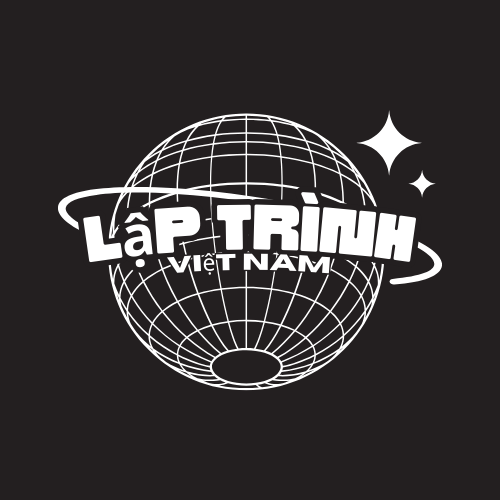Tin tức
The Transformation of Worldwide Tourism in 2025: Trends Shaping the Future of Exploration
The travel industry in 2025 stands at a juncture of advancement and accountability. As global tourism rebounds to pre-pandemic levels, travelers and industry participants alike are steering a landscape transformed by eco-conscious mandates, technological advancements, and evolving traveler demands.
## Eco-Friendly and Environmentally Aware Travel
The necessity for sustainability has become a cornerstone of modern travel. By 2025, the tourism sector is projected to generate 6.5 billion metric tons of carbon emissions, necessitating urgent action. Destinations like Costa Rica and Bhutan are leading this charge, with the latter maintaining its status as the world’s only emissions-reversing country through strict visitor caps.
Restorative travel models, such as New Zealand’s Māori-led sustainable excursions, are gaining traction. These initiatives reflect a broader shift: 73% of travelers now prefer brands with comprehensive green strategies.
## Personalization and Bespoke Experiences
High-end exploration in 2025 is synonymous with hyper-personalization. Discerning travelers seek life-changing trips customized to their unique interests. Operators like LuxGroup emphasize “conscientious indulgence,” merging luxury with cultural immersion.
Artificial Intelligence is reshaping trip planning, enabling dynamic itineraries that adjust to real-time preferences. This trend aligns with findings that 64% of luxury travelers prefer personalized offerings over standardized options.
## Combating Overtourism Through Creativity
Overtourism remains a pressing issue, prompting travelers to seek “destination dupes” and shoulder-season visits. Cities like Ljubljana are alleviating congestion through car-free zones and pedal transportation systems.
Authorities are taking action; Amsterdam and Majorca have enacted visitor caps and etiquette standards to maintain local ecosystems.
## Technology’s Role in Frictionless Travel
AI’s influence spreads beyond personalization into operational efficiency. AI agents handle 24/7 customer inquiries, while forecasting algorithms optimize flight schedules and hotel pricing. VR technology previews allow travelers to “sample” destinations before booking.
Applications like Seven Corners simplify trip management, offering live information on weather, crowds, and transportation delays. Blockchain technology enhances transparency in carbon offset programs.
## Longer Stays and Local Integration
The era of rushed itineraries is fading. Affluent visitors are averaging two-week stays to strengthen cultural connections. Families are increasingly embracing “work trips,” blending remote work with lengthy residencies.
## Occasion-Focused Travel and Novel Experiences
“Concert traveling” has skyrocketed, with fans crisscrossing globes for major events. Astrotourism—exemplified by constellation viewing in Chile’s Atacama Desert—reflects growing interest in cosmic occurrences.
## Health and Digital Detox
Wellness tourism is evolving beyond spa retreats to encompass holistic healing. Unplugged getaways combine meditation with farm-fresh meals, aligning with a 95% increase in demand for self-care-centered itineraries.
## Economic Strategies and Value-Conscious Travel
Travelers are leveraging loyalty programs and combined packages to enhance benefits. Credit card rewards are being strategically redeemed for upgrades, reflecting a shift toward “strategic indulgence”.
## Summary
The travel landscape of 2025 is defined by its twofold character: a desire for exploration moderated by principled stewardship. As destinations harmonize advancement with protection, stakeholders can ensure tourism remains a bridge—not a impediment—to a more integrated and conscientious world.
Bài viết cùng chuyên mục:
Bài viết mới cập nhật:
Trực Tiếp Xổ Số Hồ Chí Minh – Cập Nhật Kết Quả Nhanh, Chuẩn Xác Từng Giây
Trải Nghiệm Căn Hộ Mẫu SkyOne: Cảm Nhận Thực Tế Trước Khi Quyết Định!
Xây Dựng Tầm Vóc Với Dịch Vụ Tinh Tế Từ Công Ty Hà Tiên
Xưởng May Balo Quà Tặng Theo Yêu Cầu – Nhận May SLL Giá Gốc
Tranh Canvas Tạo Cảm Hứng Làm Việc – Gợi Ý Treo Cho Văn Phòng & Góc Làm Việc Tại Nhà
Kết Quả Trực Tiếp – Cập Nhật Nhanh Chóng, Chính Xác Từng Giây Tại KetQuaTrucTiep.vn
Tiếp thị website phủ khắp 114 khu vực hành chính Hải Phòng – 0963138666



